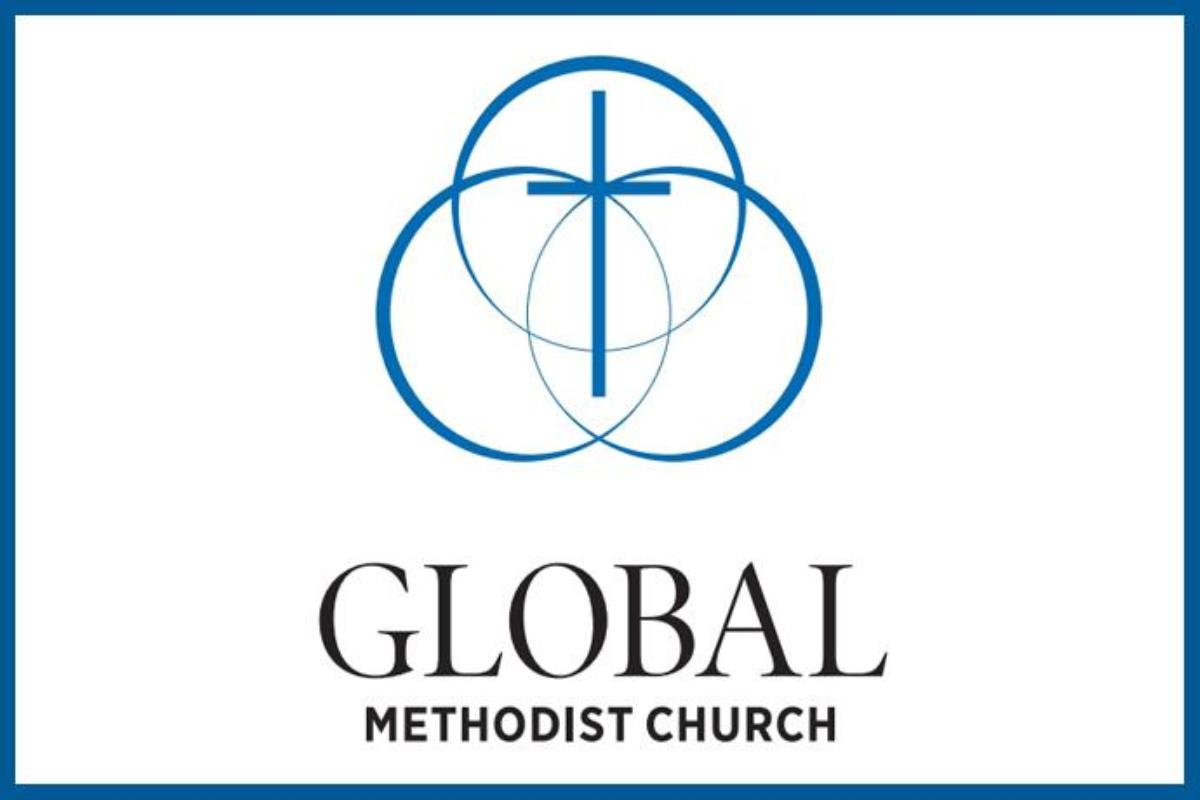While the denomination’s Book of Discipline has provisions for individual churches wishing to leave the United Methodist Church with their properties, there’s nothing within church law that would allow an annual conference — one of the United Methodist Church’s 53 regional networks of churches and ministries within the United States — to do the same, according to the denomination’s Judicial Council.
The Judicial Council ruled Tuesday (May 10) that only the General Conference, the denomination’s global decision-making body, can determine the process and conditions for annual conferences to disaffiliate from the United Methodist Church.
And the General Conference hasn’t done that.
“There is no basis in Church law for any annual conference to adopt stopgap policies, pass resolutions, take a vote, or act unilaterally for the purpose of removing itself from The United Methodist Church,” Decision 1444 reads.
I am an ordained, retired UMC minister. In the UMC a conference is basically the same as a Catholic diocese - a defined geographical area with the churches therein under the leadership of a bishop. An "annual conference" is simply a convention of clergy and elected lay delegates of the conference, meeting once per year. The Judicial Council is exactly right that there is no provision in the UMC's canon law, The Book of Discipline, that permits a conference to depart the denomination. However, individual congregations have been permitted to depart the denomination, with conditions, since 2019.
Consider, though the U.S. Supreme Court's 1869 case, Texas v. White. Chief Justice Salmon Chase wrote in the majority opinion that no provision in the Constitution permits a state to secede. Yet Chase wrote that states may nonetheless secede in two ways. One was by consent of the other states (Chase did not say how) and the other was simply that it declares secession and makes it stick.
In other words, a state may not secede from the Union - unless it does! And that is exactly where we are in the UMC with US domestic conferences and their potential departures. A conference may not depart the denomination - unless it does. (Overseas conferences already have existing ways to leave the UMC.)
For the record, I do not support any conference attempting to withdraw, and I cannot imagine how such a motion in my own conference would even come before the delegates for a vote. However, I have read that two or three US conferences have taken some steps toward separation.
If a conference decides to withdraw from the denomination and is not compelled to remain, then its withdrawal becomes fait accompli. And since compulsion will not, of course, be by physical force, that leaves only persuasion or court order. Persuasion will not work, it is too far gone for that. And courts' histories on accepting cases about a church's or denomination's internal affairs is that they don't. The courts deal with US law, not UMC canon law.
There are legally enforceable real-property trust clauses that would have to dealt with for a departure. Briefly, conferences hold their real property in legal trust for use by the denomination. But if a conference does not contest them, there is nothing else to stop it.
On May 1 of this year, the Global Methodist Church formally began as a new denomination. Its main founders are former United Methodist laity and clergy who would have remained in the denomination at least until the announced UMC General Conferences had taken place. A General Conference is the only body that has authority to set denominational policy, rules, and procedures.However, the meeting venue canceled the 2020 GC because of Covid. Some time later, the GC was rescheduled for late August of this year. Then in March of this year, "the Commission on General Conference announced it was postponing the meeting again — this time to 2024. Though COVID-19 numbers have dropped in the United States, the commission said, delegates living outside the country are having trouble getting visas to travel to the in-person gathering."
And so the GMC's organizers and backers went forward. That said, despite the Judicial Council's recent ruling, conferences are already leaving the UMC. But they are doing it one church at a time, over time. As I said, The Discipline does specify how local churches can sever from the UMC, and they are doing it at an increasing pace. In Florida, for example (not where I live) more than 100 individual churches have left the UMC, which is 20 percent of all the churches in the conference. We will probably see this at an increasing pace.
So, by the time of the 2024 GC, votes relating to departing the denomination may be more pro forma than substantive, although funding will still be addressed (probably vigorously).




